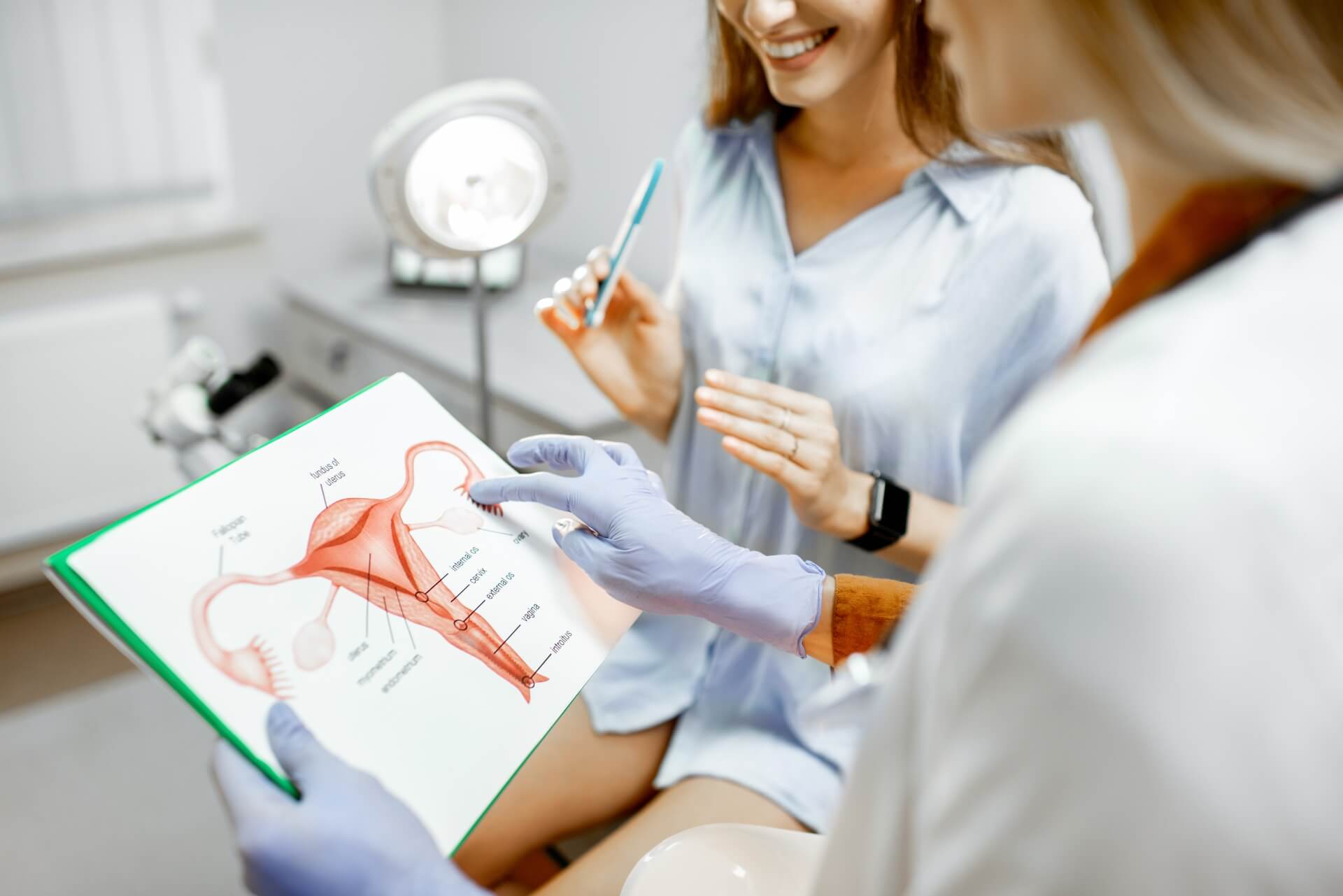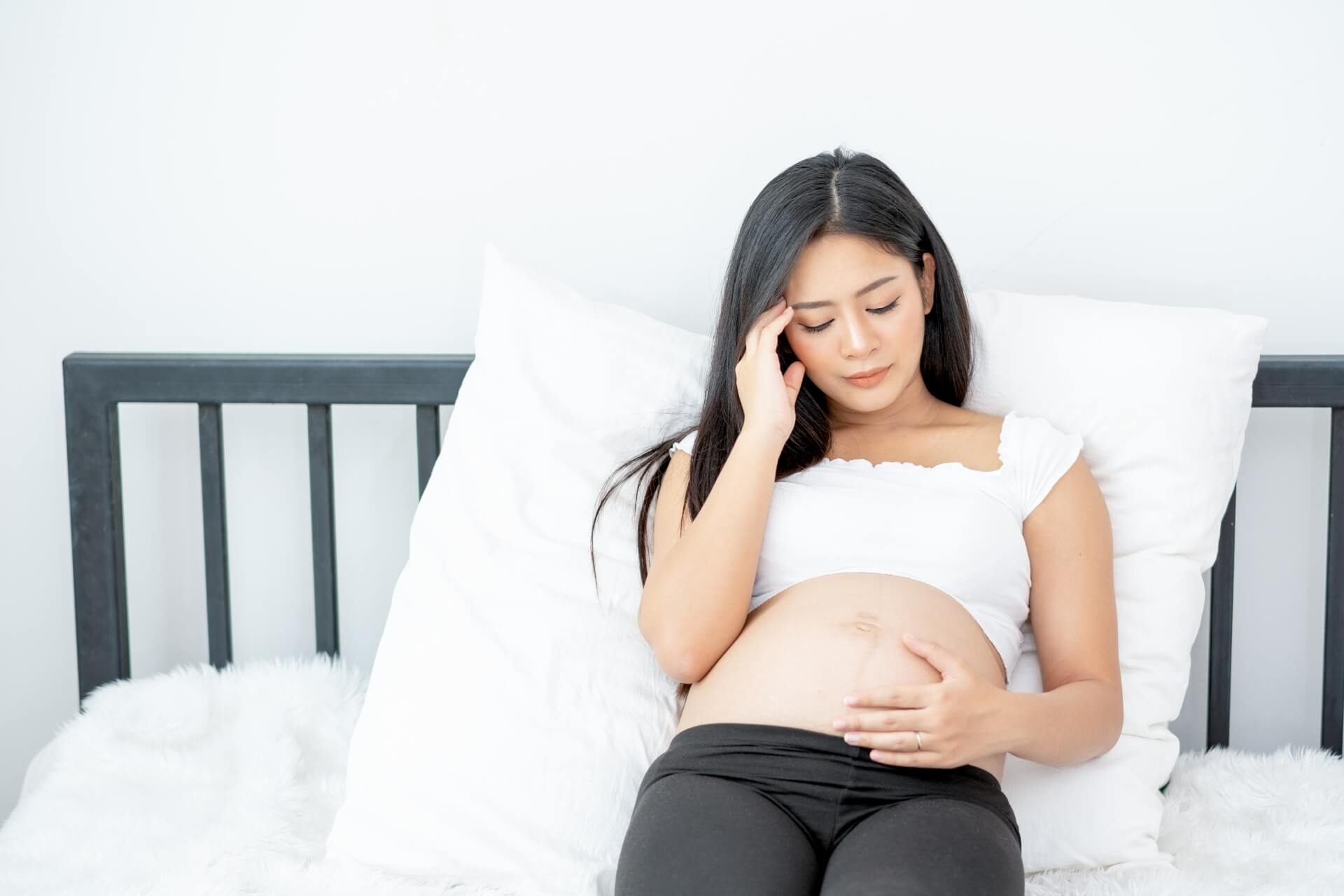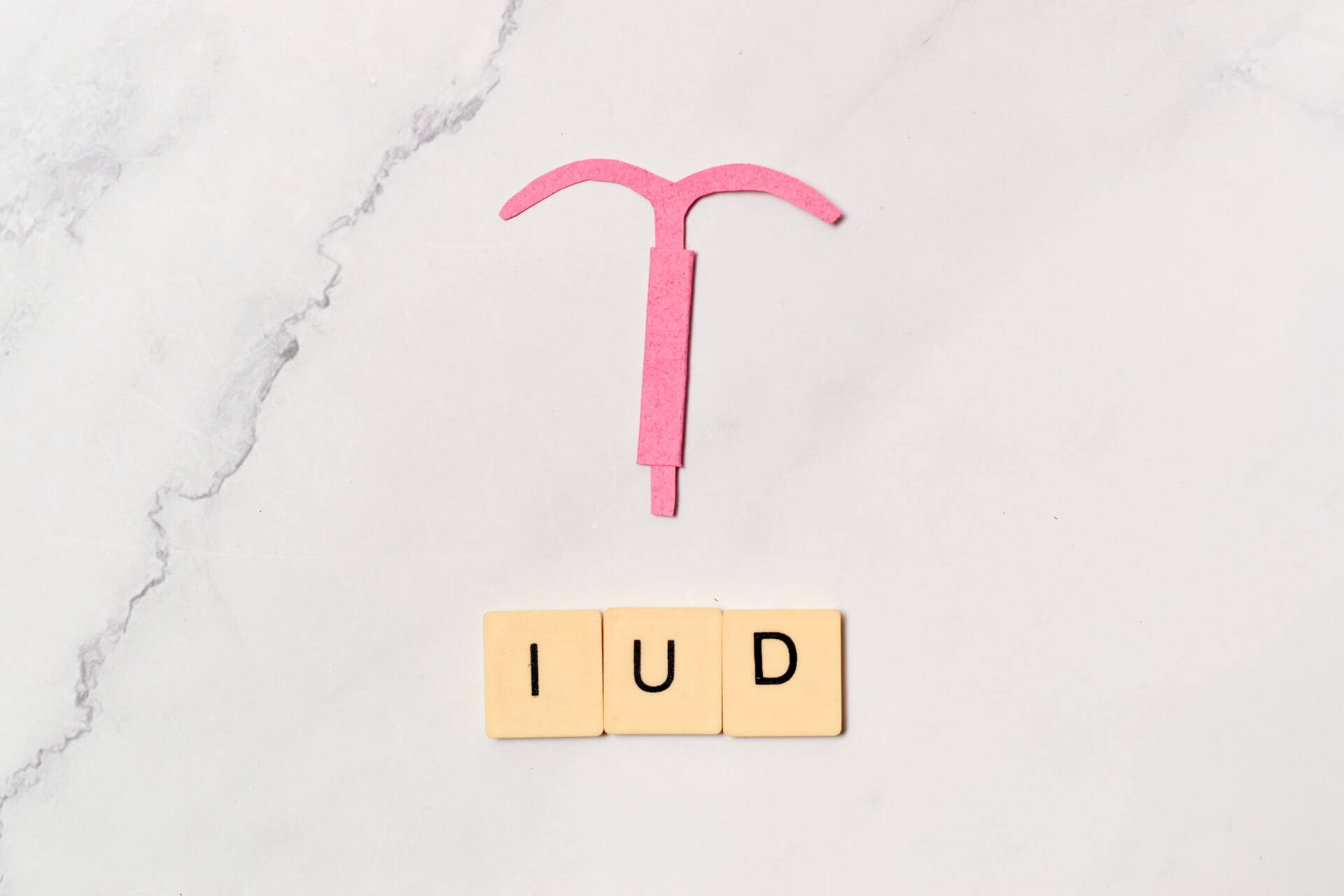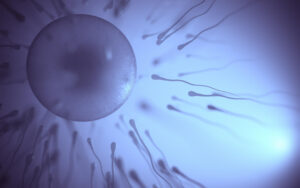Many individuals assume that getting pregnant while on your period is impossible. Although it is not the most fertile period of the month for you, there is still a possibility.
The news that you can become pregnant while you’re on your period may come as a surprise to those who use their menstrual cycle as a method of birth control.
Yes, it is one of the least fertile periods of the month, but it is possible that conception will occur under certain circumstances.
What are the chances of getting pregnant while on your period?
When you’re on your period, your odds of becoming pregnant are slim, but they’re not non-existent either. So how is it possible for a pregnancy to occur at the same time that your body is deciding that you are not pregnant?
Take it step by step: At the time of ovulation, your ovary releases an egg into your fallopian tube, where it can survive for up to 24 hours while waiting to be fertilized before traveling to your uterus. Meanwhile, the uterus is forming a protective lining in preparation for the possibility of hosting a developing embryo.
If an egg meets a sperm during ovulation and implants in the lining of the uterus, the result is a baby on board. If you don’t, your body will shed both the lining and the egg (and you’ll be bleeding).
When measured from the first day of their period to the first day of their next period, most women have menstrual cycles that last between 24 and 28 days. As a result, a woman can become pregnant starting five days before her period and terminating one day after her period because the egg can survive for up to 24 hours after ovulation and sperm can dwell inside her for up to five days.
In most cases, ovulation happens 14 days before the first day of your next cycle, which means that you have a week between the final day of your period and the first day of your next cycle if you have a 28-day cycle and a week-long period.
If you have sexual activity on the last day of your cycle and ovulate several days early, what should you do? It is possible that you still have viable sperm in your body and that you will become pregnant.
Ovulation can occur at any time during a woman’s 28-day cycle, and the day on which it occurs can vary from month to month. It is impossible to predict whether the sperm from the sex that took place during your period would be dead by the time you ovulate the following month because of this variation.
Is it possible to become pregnant while on your period if you have an irregular cycle?
Yes. If you have an irregular menstruation, it might be more difficult to estimate when you will be ovulating — and this can make it more difficult to avoid having intercourse near to the time of ovulation. This can result in you becoming pregnant by accident.
Here are a few examples of irregular menstrual periods, as well as information on how to become pregnant despite them:
You’re on a brief cycle right now. It is possible for some women to have cycles that are as short 21 days and still ovulate, which implies they have less time between the end of their menstrual cycle and the time they ovulate the next time. Furthermore, because sperm can survive in your reproductive canal for a few days, if you chance to have sex during your period and then ovulated the egg for the following cycle two to three days later, that egg may come into contact with viable sperm. And you’re well aware of what that means.
Your menstrual cycles are extremely long. In the meantime, your body is gradually losing its uterine lining, and the clock is ticking on ovulation — and your next egg appears while you are still bleeding from the previous month’s (non-fertilized) egg. As a result, you’re already fertile again, which means you have a chance of becoming pregnant during your period.
When you ovulate, you have breakthrough bleeding, often known as spotting. Especially if you have light or irregular periods, it would be easy to mistake this bleeding for a legitimate period, despite the fact that it is occurring at a time when you are most fertile, as you have just ovulated, and hence most fertile.
Occasionally, though, an irregular menstruation can be an indication that you are not ovulating at all, which is a contributing factor to pelvic inflammatory diseaseLook for blockage of the fallopian tubes or for other causes of infertility in some women. (Failing to ovulation means you will not become pregnant.)
If you have an irregular menstrual cycle and have had difficulty conceiving, go to your doctor, who may want to conduct a more in-depth examination.
Though not impossible, it is highly unusual — especially in women who have regular, 28-day cycles — to experience this. It is common for ovulation to be completed by day 19, which is approximately a week and a half before your next menstrual cycle begins.
Women who have irregular periods, on the other hand, may find ovulation more difficult to anticipate, which means it may occur later in the cycle. Furthermore, even in women who have regular cycles, ovulation can fluctuate from month to month, especially if you’re stressed, traveling, or altering up your daily routine, as well as during pregnancy.
Is it possible to become pregnant on the first day of your period?
On the first day of your period, it is possible — but not very likely — that you will become pregnant, especially if you have a regular, 28-day cycle.
If you have an irregular or a shorter menstrual cycle, on the other hand, ovulation could occur significantly closer to the first day of your period, resulting in you becoming pregnant on the first day of your period.

Is it possible to become pregnant immediately after your period?
Yes, it is possible to become pregnant immediately following your period. The possibility of this occurring, on the other hand, is dependent on the time of your menstrual cycle. When a woman has a 28-day, normal cycle, ovulation usually occurs around day 14, which is seven days following the conclusion of a week-long period, according to her doctor.
If you ovulate early, have a short menstrual cycle, or have a protracted period, the amount of time between your period and ovulation may be significantly reduced. Additionally, because sperm can survive for up to five days after fertilization, having sex just a day or two after your menstruation could result in a pregnancy.
Is it possible to become pregnant when on your period while using birth control?
It is possible to become pregnant while using birth control, regardless of whether or not you are currently on your period. ) (Abstinence is the only method of birth control that is 100 percent successful.)
When it comes to the risk of a contraceptive failing, it varies depending on the method of birth control used (based on usual use).
- Intrauterine devices (IUDs) have a failure rate of less than one percent.
- Failure rate for implants is less than one percent.
- Failure rate for injections is approximately 4 to 6 percent.
- Oral contraceptives (the pill) have a failure rate of approximately 7 to 9 percent.
- Failure rate for a progestin-only tablet is approximately 7%.
- Patch failure rate is approximately 7 to 9 percent.
- The failure rate of a vaginal contraceptive ring is approximately 7 to 9 percent.
- Male condoms have a failure rate of approximately 13 to 18 percent.
- Diaphragms have a failure rate of approximately 12 to 17 percent.
Tracking your monthly cycle — sometimes known as “fertility awareness” — in order to avoid conception is not the most effective method of contraception, with a failure rate as high as 23 percent reported in some studies on the subject.
The basic conclusion is that you can become pregnant during your period — or at any other time of the month — despite the tiny chances of doing so. If you’re on birth control, it’s even possible (though not as likely) that you’ll become pregnant during your period.
To summarize, it is always wise to be cautious about contraception even if you are not in the process of conception — unless you enjoy unpleasant shocks.
About the Author
Dr. Jennifer Broad is a board-certified obstetrician and gynecologist who has been practicing in Newport Beach, California for over a decade. She received her medical degree from the University of California, San Francisco, and completed her residency training at the University of California, Irvine.
Dr. Broad is dedicated to providing personalized care to her patients and is committed to staying up-to-date with the latest medical advances in her field. She is a fellow of the American College of Obstetricians and Gynecologists and a member of the Orange County Medical Association.











